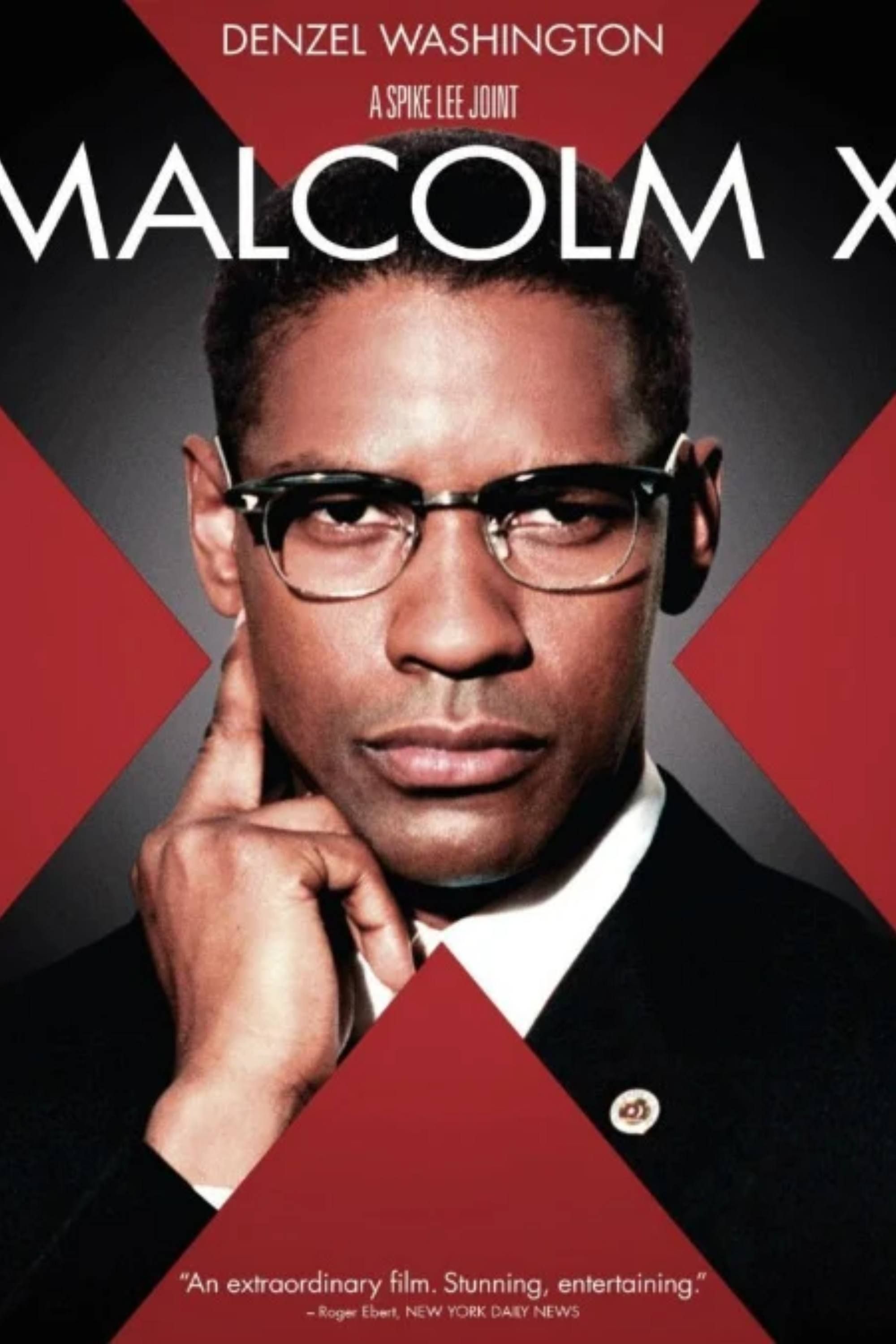
We’ve collectively thrown enough dirt on Al Pacino‘s Oscar win that it’s gotten stale and boring. We all know that while his performance in Scent of a Woman is one of the highlights of his career, it’s nowhere near his actual best work. What people don’t focus on enough is the fact that, by winning that Oscar, Pacino inadvertently took an Oscar from Denzel Washington for what might be his actual best performance: Malcolm X. It’s not just me who feels this way, as trusted Washington collaborator and Malcolm X director Spike Lee has said as much himself — in much harsher terms.
Spike Lee Argues That the Academy Had to “Make Up” to Al Pacino
On The Realest Podcast Ever, Lee spoke about how “egregious” it was that the Academy didn’t award Washington Best Actor for Malcolm X, chalking it up to their need to “make up” for Pacino not winning in the past. He details how the Academy “jerked” Pacino around by not giving him Oscars for films like Serpico, Dog Day Afternoon, and The Godfather, only to jerk around Washington in return. They looked at Washington having already won an Oscar for Glory and assumed he’d win again later, and didn’t find him worthy of being awarded again until his Earth-shattering turn in Training Day.
It should be noted that Spike has long had disdain for the Academy, particularly after they clearly boned him by not fully recognizing his best film, Do the Right Thing. That said, he’s spot on in this regard, as the Academy still shows an unhealthy habit of giving an actor an Oscar if it seems like they desperately need one, even if everybody knows it’s not actually their best work. This is perhaps the worst instance of that habit, as not only did they fall for the cliché of rewarding established old white actors, but they passed up on a defining performance of one of the most magnetic actors of the last 40 years.
Denzel Washington Flawlessly Channels Malcolm’s Spirit and Rhythm
Washington’s performance as Malcolm X feels so monumental due to how emphatically he captures the most fascinating element of Malcolm as a human being: his constant evolution. Lee’s conception of Malcolm smartly emphasizes Malcolm’s uneasy relationship with white culture and how he learned to deprogram himself from assimilation into his most fully self-actualized form, giving Denzel one of the greatest character arcs in biopic history.
Malcolm was many different kinds of people in his public crusade for social justice, always searching for the angle that best showed him how to effectively get what he sought. He went from a street smart hustler to a born again Muslim preacher, to a militant Black separatist to an avowed and humble humanist, all while learning how to question his own biases and observe the “truths” that lied to him. We’re practically seeing Denzel give four different performances in one package, all unified by his imposing pride and authoritatively disciplined vocal rhythm, going beyond simple resemblance to a full spiritual transcendence that makes you barely notice when the film switches to archive footage. Biopics often devolve into ghoulish slideshows that force the lead actors into nitpicky lookalike contests, but Denzel is given the space to form Malcolm into a tragic hero worthy of classic literature.
Denzel Washington in ‘Malcolm X’ Seemed Like a No-Brainer for the Oscars
Denzel Washington got robbed, no question, though he still won a second Oscar and has been properly anointed as an all-time great. But Spike Lee is still onto something when he asserts that the Academy disrespected Washington when they chose Pacino over him. Granted, you could say the Academy was in an unfortunate spot, as they knew Pacino seemingly didn’t have a better chance to win it, at that stage in his career, and they can’t go back and change time.

Related
The Denzel Washington Crime Thriller That Was So Grim Clint Eastwood Turned It Down
Too dirty for Dirty Harry?
But in the broader context of Oscar trends, it stands as yet another instance of their insistence on snubbing anything Spike Lee related (until BlacKkKlansman‘s Adapted Screenplay win, that is), and on choosing to kiss the ring of the past over the promise of the present. The irony is that Malcolm X is the kind of film that the Academy usually loves: a vividly detailed biopic that speaks to important truths about America, boasting a true movie star performance that painstakingly resurrects an iconic historical figure. But it seems, in this case, that simply wasn’t good enough… and it’s simply bamboozling.
Malcolm X is available to watch on Paramount+ in the U.S.
Watch on Paramount+

A portrayal of a controversial and influential leader in the fight for civil rights, the narrative tracks his evolution from a criminal to a fervent advocate for the rights of African Americans. His pilgrimage to Mecca brings about a significant change in his approach to activism, leading to a broader vision of peace and unity that challenges his earlier views.
- Release Date
- November 18, 1992
- Runtime
- 202 minutes






